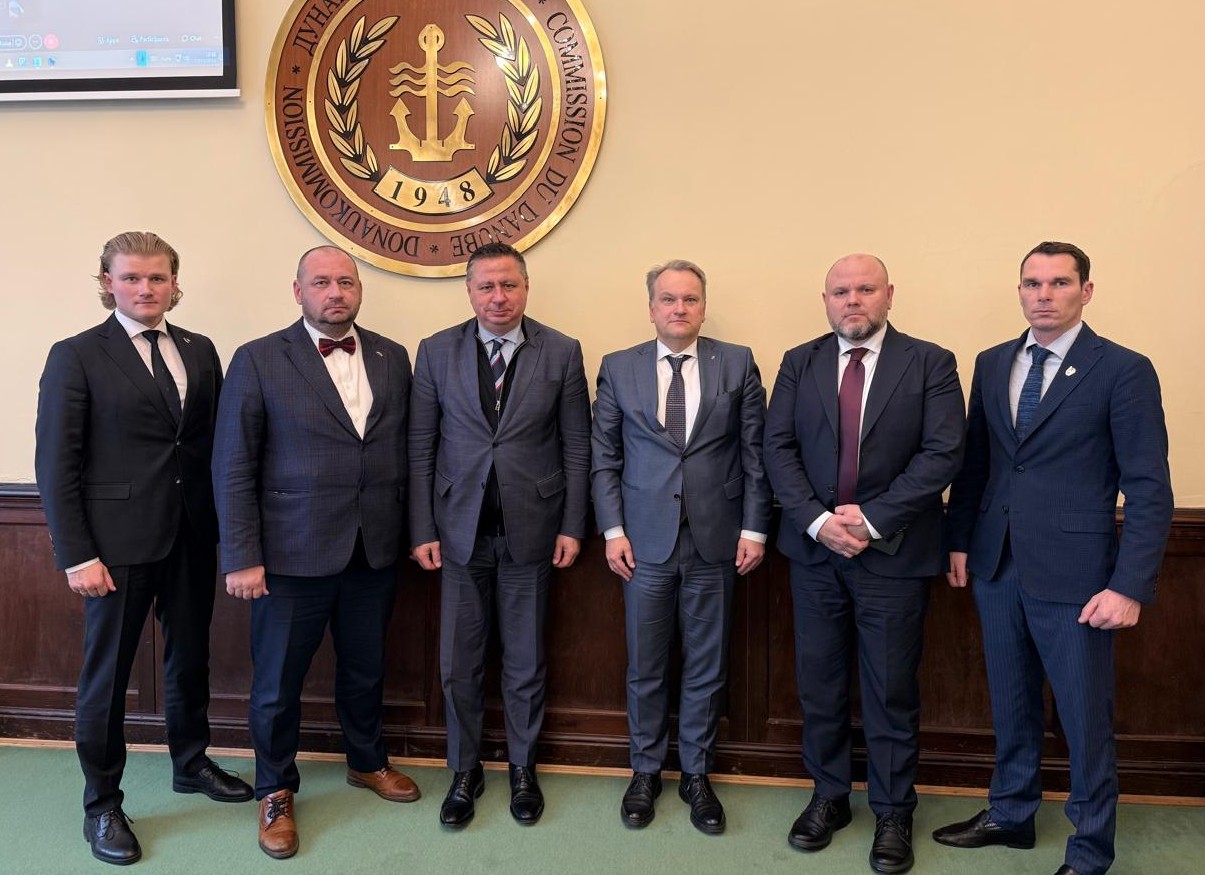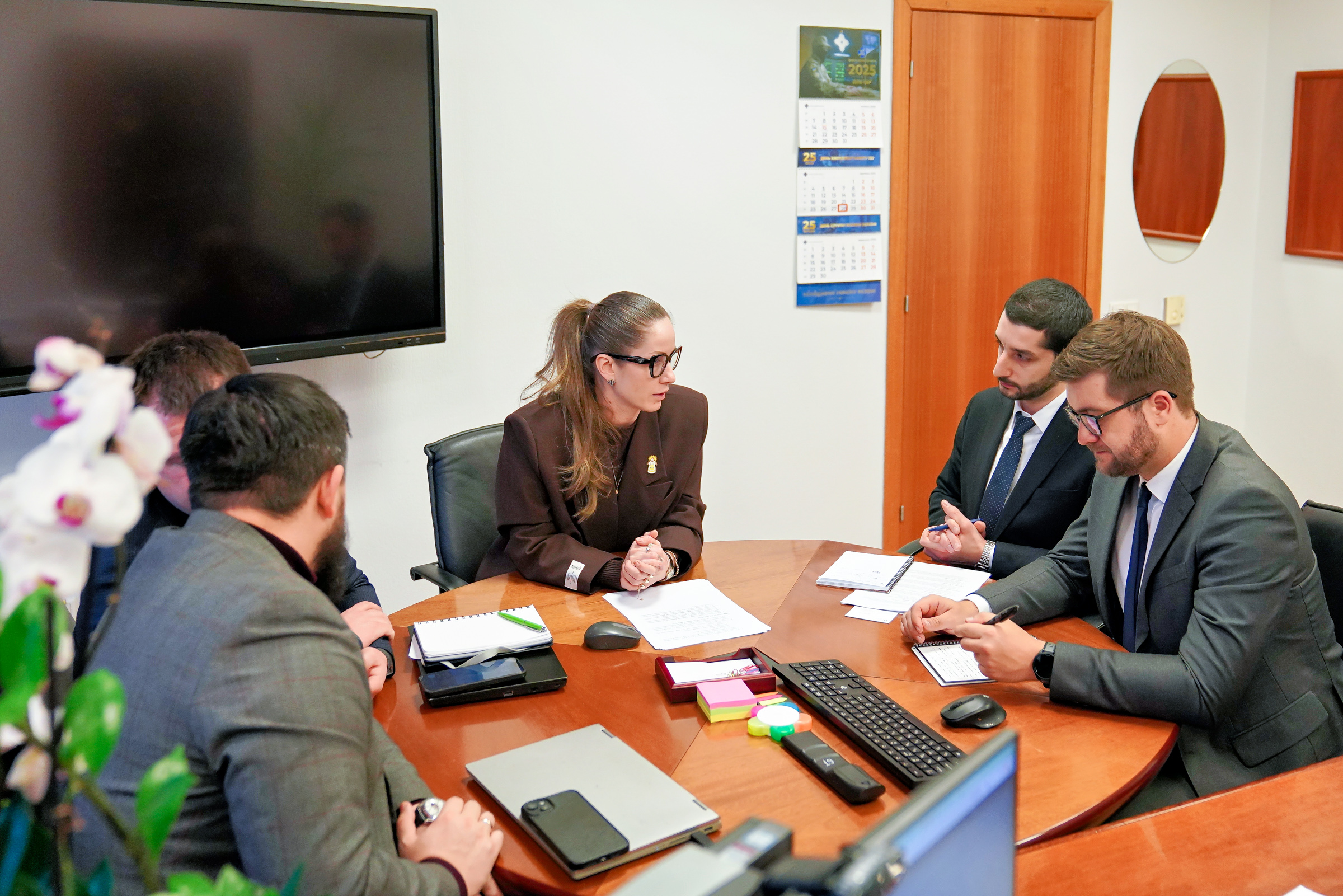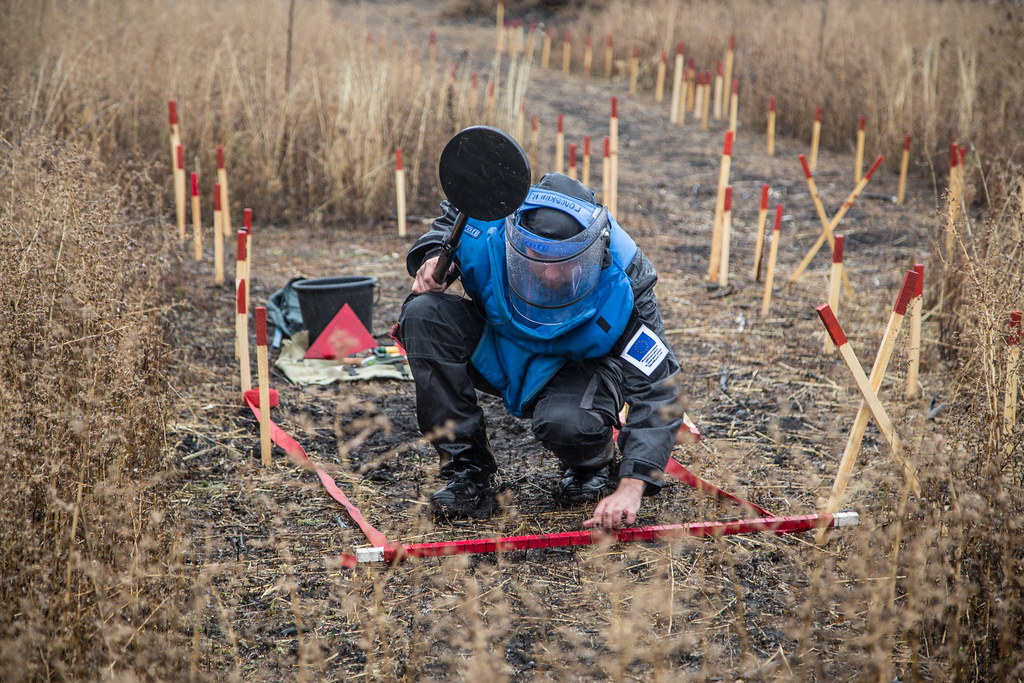Where the mighty Danube river meets the Black Sea, it has created a massive deltaland, Europe’s largest wetland area. It is still surprisingly wild and relatively undestroyed.
The 580,000 hectare delta is home to massive amounts of waterbirds of all kinds, most notably pelicans of two species, herons, storks, cormorants and terns. It is a favourite staging area for passage migrants and also wintering grounds for masses of migrating waterbirds from the steppes, the boreal forests and the tundras further north.
Here also lie some of Europe’s very few remaining grazed mosaic forest landscapes, the beautiful woodlands of Letea and Caraorman. Beavers are slowly making their return into the area, the area holds healthy populations of golden jackal while white-tailed eagles show a remarkable comeback.
The massive productivity of the many water habitats here has led to the delta harbouring the largest number of fish species anywhere in Europe. Flagship species of which are the four species of sturgeon, which once used to wander the entire length of the Danube river all the way up into Germany. The area has unprecedented potential for wetland restoration and rewilding, in particular the former polders and lakes can be reflooded and reconnected with the Danube river dynamics.
Using natural dynamics as drivers of change
One of the least populated areas in Europe, the Danube Delta offers a unique opportunity to restore a whole spectrum of biodiverse habitats – from open estuarine systems, naturally grazed grassland and vast reed beds through to freshwater marshes, coastal lagoons, shallow lakes and riverine forests.
Working with partners, the rewilding team is working to significantly improve the ecological integrity and natural functioning of 40,000 hectares of wetland and terrestrial delta habitat, using rewilding principles at on a landscape scale. Revitalised and self-governing natural processes, particularly flooding and natural grazing, will govern landscape formation, driving other natural processes, wildlife comeback, increased biodiversity and the development of a nature-based economy.
The Danube Delta is one of the case study areas of the three-year GrazeLIFE project. The project evaluates the benefits of various land management models involving domesticated and wild/semi-wild herbivores.
The Danube Delta rewilding area is part of the Tauros breeding programme, managed by the Taurus Foundation and Rewilding Europe. The aim of the programme is to bring back a functional, wild version of the auroch – called the Tauros – by establishing viable wild populations of this animal in several European locations. Through their grazing, the growing number of Tauros in the delta are gradually creating a biodiversity-rich mosaic landscape that benefits other species such as wild boar, golden jackal and various rodents. As a result of two translocations in 2016 and 2017, the number of Tauros grazing near Sfantu Gheorghe is now 18 animals.
Promoting a nature-based economy
The Danube Delta region is economically depressed, with high levels of unemployment, rural depopulation, low living standards and a strong dependence on natural resources. There is therefore a continuous risk of unsustainable and unwanted development in this sensitive area.
Rewilding Europe is working to create new opportunities for delta communities by supporting the development of nature-based business. We establish best pratice models, provide business development support, and, where possible, financial support through Rewilding Europe Capital. Our experience in the Romanian village of Sfântu Gheorghe and the Ukrainian village of Orlovka shows that this, in turn, creates incentives for restoration, encourages acceptance of wildlife comeback, and instills a strong sense of pride in the local area.

In collaboration with partners, we are also working to construct nature tourism infrastructure, such as wildlife watching towers, panels and hides. The Rewilding Europe enterprise team is backing this up with theoretical and practical training sessions on the provision of wildlife watching activities.
A focus on flow
Between the 1950s and 1980s, the Danube Delta suffered widely from hugely damaging hydraulic engineering projects. In Romania, Ukraine and Moldova, these saw a life-sapping web of dykes and irrigation systems disconnect huge swathes of floodplain from the river’s main channels, negatively impacting biodiversity and impairing the ability of the river to provide clean drinking water, mitigate flooding and support commercially sustainable fish stocks.
Many of the current rewilding efforts in the Danube Delta, which scaled up at the start of 2019 with the start of an Endangered Landscapes Programme-funded initiative, are now focused on revitalising wild nature by restoring connectivity and natural water flows. Such efforts are typified by the ongoing restoration of the 1550-hectare Lake Kartal, a shallow body of water and RAMSAR site located in the upper part of the Ukrainian Danube Delta, near the village of Orlovka.
The road to recovery
In the second half of the twentieth century, Kartal Lake was isolated by a system of dykes and sluices, severely disrupting natural processes. The lake filled with silt and became overgrown with aquatic vegetation – as a result, the area of open water and depth of the lake decreased dramatically, while water quality deteriorated significantly. Over the years fish populations dropped and the area became increasingly unattractive for tourists.

The restoration of Lake Kartal began in 2016. In collaboration with a Ukrainian NGO, the Danube Basin Water Management Department cleared a number of natural channels leading to the lake, reconstructed a sluice, and partially restored floodplain meadows.
In 2017, with the flora and fauna of the lake already recovering, the restored area was designated the “Kartal Eco Parkâ€, with a herd of water buffalo translocated from Transcarpathian Ukraine to boost natural grazing and attract tourists. Wildlife highlights now include glossy ibis, Dalmatian and white pelicans, pygmy cormorants, spoonbill, red-breasted goose, squacco heron and a range of rare plants, as well as 15 of these hefty herbivores.

The people perspective
It is critical that rewilding efforts in the Danube Delta continue to benefit local communities. Going forwards, the Rewilding Ukraine team will support the development of Kartal Eco Park by installing information boards, building wildlife hides and a wildlife watchtower, and developing an eco-trail. By boosting nature-based tourism this will support local enterprises.
The Rewilding Ukraine team will also help local nature-based businesses to promote Lake Kartal as a destination, as well as their products and services. There are plans to hold a nature-themed community festival in Kartal in either 2021 or 2022.
Source: Rewilding Ukraine





















